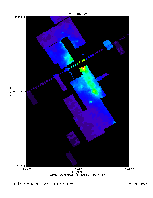 46um
46um
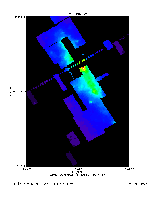 56um
56um
Center Min / Max
Det wavelength bandwidth fluxes
(micron) (micron) (MJy/sr)
-------------------------------------------------
SW1 46.1 0.3 100 / 4.4e+04
SW2 56.1 0.3 100 / 6.5e+04
SW3 66.0 0.3 200 / 8.1e+04
SW4 75.6 0.3 300 / 8.1e+04
SW5 84.7 0.3 350 / 8.5e+04
LW1 102.2 0.6 700 / 8.4e+04
LW2 122.0 0.6 1000 / 8.2e+04
LW3 141.6 0.6 1100 / 1.1e+05
LW4 160.4 0.6 1100 / 1.0e+05
LW5 177.8 0.6 1000 / 1.2e+05
-------------------------------------------------
 46um
46um
 56um
56um
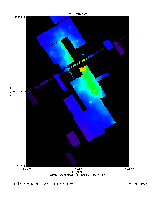 66um
66um
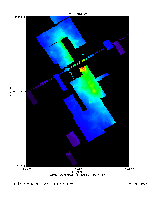 76um
76um
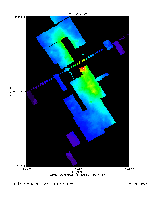 85um
85um
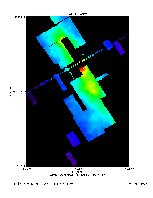 102um
102um
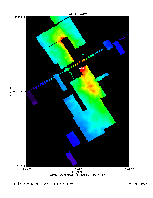 122um
122um
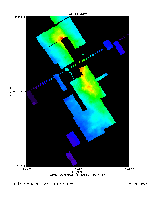 141um
141um
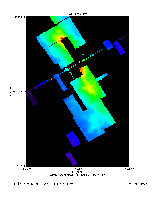 160um
160um
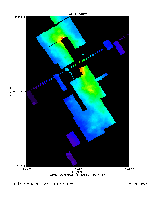 178um
178um
The parallel mode results for the galactic center region
are shown for the 10 LWS detectors.